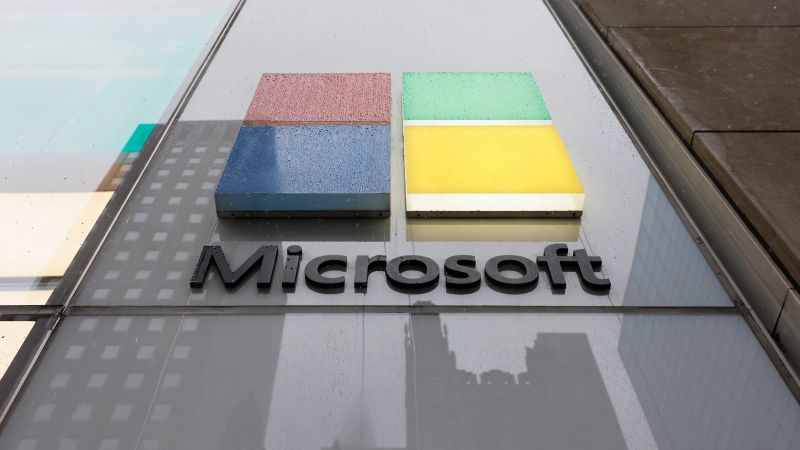Staff of Reuters 4 Minute Read* June PPI +8.8% y/y, up from +8.8% polled in May and +9.0% in June* CPI increased by 1.1 percent year over year in June, compared to +1.3 percent polled in May. (Reuters) – BEIJING, July 9 (Reuters) – China’s factory gate prices climbed at a somewhat slower pace in June, giving businesses some relief, though stubbornly high raw material costs threaten to derail the country’s post-coronavirus economic rebound. The producer price index (PPI) grew 8.8% from a year ago, compared to a 9.0% increase in May, according to the National Bureau of Statistics (NBS), as copper and steel prices declined following a government crackdown on commodities prices. According to a Reuters poll, analysts projected the PPI to grow 8.8%. The PPI, a leading indicator of a country’s industrial profitability, up 0.3 percent month over month, down from a 1.6 percent increase in May. In the industrial sector, persistently strong inflationary pressures are dragging on China’s post-COVID recovery, with Chinese policymakers increasingly concerned about the negative impact on many small businesses that are unable to pass on greater prices to customers. In a statement accompanying the data release, Dong Lijuan, a senior statistician at the NBS, stated that price growth in the oil and natural gas extraction and ferrous and non-ferrous metal smelting and processing sectors had halted. “The domestic strategy of ensuring supply and stabilizing prices in the commodities sector is having an early effect, driving an improvement in market supply and demand, as well as a pause in industrial product price growth,” Dong added. The country’s cabinet on Wednesday broached the potential of timely cutbacks to the amount of cash banks must hold as reserve to help firms cope with rising commodity costs, which would be the first such action since April last year, when the economy was hard shaken by the COVID-19 outbreak. Coal, steel, iron ore, and copper prices have surged dramatically in recent months, owing to the lifting of pandemic quarantines in several countries and sufficient global liquidity. China, the world’s largest consumer of coal and iron ore, has stepped up attempts to reign in spiraling metal prices, including selling supplies from state reserves, causing steel and copper prices to plummet. In June, the most actively traded copper contract on the Shanghai Futures Exchange plummeted 7.7%. Due of a continued mismatch between constrained supply and rising demand from more countries recovering from the virus, some analysts believe the changes will have only a limited impact. According to NBS statistics, China’s consumer price index (CPI) grew 1.1 percent in June on an annual basis, slower than the 1.3 percent growth predicted by a Reuters poll, indicating that high industry prices are not being passed on to consumers. Pork prices, which are a major component of China’s CPI, have been falling in recent months, resulting in a 1.7 percent drop in food prices. Concerned about falling hog prices, officials announced intentions to purchase pork for state reserves late last month. China’s annual average consumer inflation is expected to fall below 2% this year, according to central bank governor Yi Gang, significantly below the government’s objective of roughly 3%. In June, core inflation, which excludes volatile food and energy prices, remained constant from May at 0.9 percent. Liangping Gao, Stella Qiu, and Ryan Woo contributed reporting. Shri Navaratnam edited the piece./n
Read MoreUPDATE 1-China’s factory gate price growth slows, but inflationary pressures persist
2021-07-09T02:01:55-04:00July 9th, 2021|





